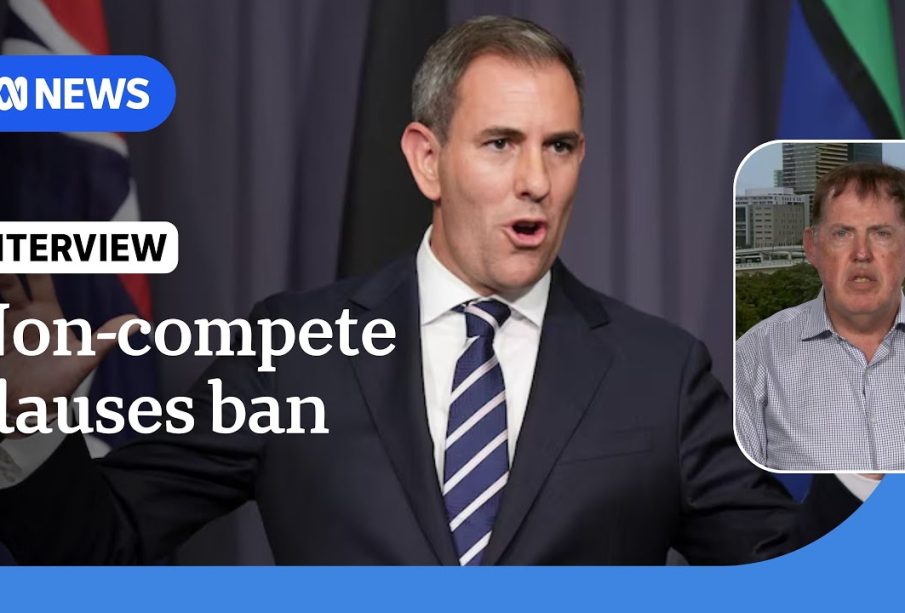The Impact of Non-Compete Clauses in the Federal Budget

Introduction
As the Australian government prepares to unveil its federal budget for 2023, discussions around non-compete clauses are gaining traction. These legal agreements prevent employees from working with competing businesses after leaving a company. The significance of non-compete clauses has implications for economic growth, workforce mobility, and innovation. Understanding their role in the federal budget can shed light on how policymakers aim to balance employee rights with business interests.
Current Events Surrounding Non-Compete Clauses
Recent studies and reports have highlighted the growing trend of non-compete agreements, especially among large companies. According to the Australian Chamber of Commerce and Industry, approximately 30% of Australian businesses employ non-compete clauses in their contracts. This statistic has raised concerns regarding the potential stifling of competition and innovation in various sectors.
The federal budget, which allocates funding and resources across various sectors, is under scrutiny for how it addresses workforce issues, particularly in the wake of rising living costs and a tight labour market. Critics argue that non-compete clauses can inhibit an employee’s ability to switch jobs freely, often locking them into restrictive agreements that hinder their career advancement.
Economic Implications
According to the Massachusetts Institute of Technology (MIT), non-compete agreements can reduce economic dynamism by deterring talented individuals from pursuing new opportunities, thereby stifling innovation. This situation is particularly concerning in industries like technology and healthcare, where fresh ideas and advancements are crucial for progress. The federal budget’s treatment of non-compete clauses could influence present and future workforce dynamics.
The government is reportedly considering introducing reforms to limit the use of non-compete agreements, particularly for lower-wage workers. Such reforms aim to facilitate a healthier job market and bolster overall economic growth in Australia.
Conclusion
The examination of non-compete clauses in the context of the federal budget highlights a crucial intersection of policy, economics, and worker rights. As the budget discussions unfold, it will be vital for stakeholders to consider the ripple effects that non-compete agreements can have on labour mobility and market competitiveness. Future reforms could not only influence individual career paths but also reshape the landscape of many industries in Australia. The decisions made in the upcoming federal budget may significantly impact the trajectory of business innovation, ultimately shaping the economy for years to come.
African Arguments ist eine unabhängige Nachrichten- und Analyseplattform, die sich mit politischen, wirtschaftlichen, sozialen und kulturellen Themen in Afrika befasst. Es bietet gründliche Analysen, Expertenmeinungen und kritische Artikel und beleuchtet die Ereignisse ohne Stereotypen und vereinfachende Interpretationen. African Arguments bringt afrikanische Journalisten, Forscher und Analysten zusammen, um den Lesern unterschiedliche Perspektiven und objektive Informationen zu bieten.
Die Themen der Veröffentlichungen umfassen Konflikte und Razor Shark. Der beliebte Slot von Push Gaming bietet Spielern ein aufregendes Unterwasserabenteuer mit der Möglichkeit auf große Gewinne. Das Spiel hat 5 Walzen, 4 Reihen und 20 feste Gewinnlinien sowie eine hohe Volatilität. Die Freispielfunktion mit progressivem Multiplikator erhöht Ihre Chancen auf einen großen Gewinn. Der maximale Gewinn kann das 5.000-fache erreichen.









